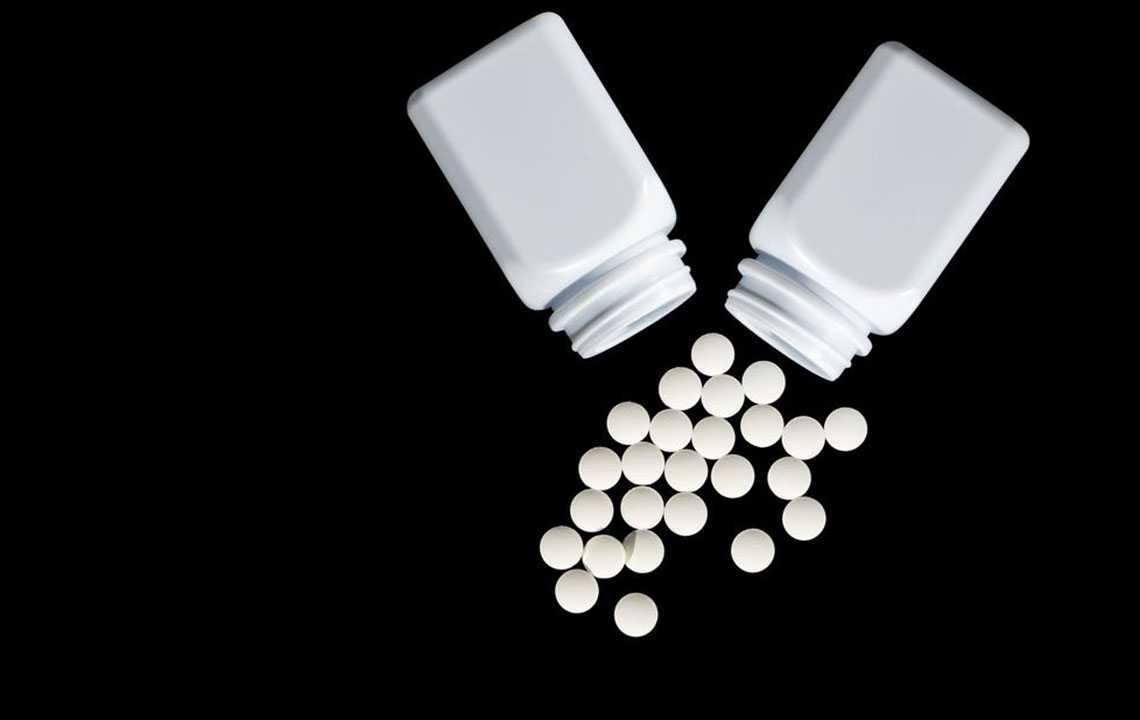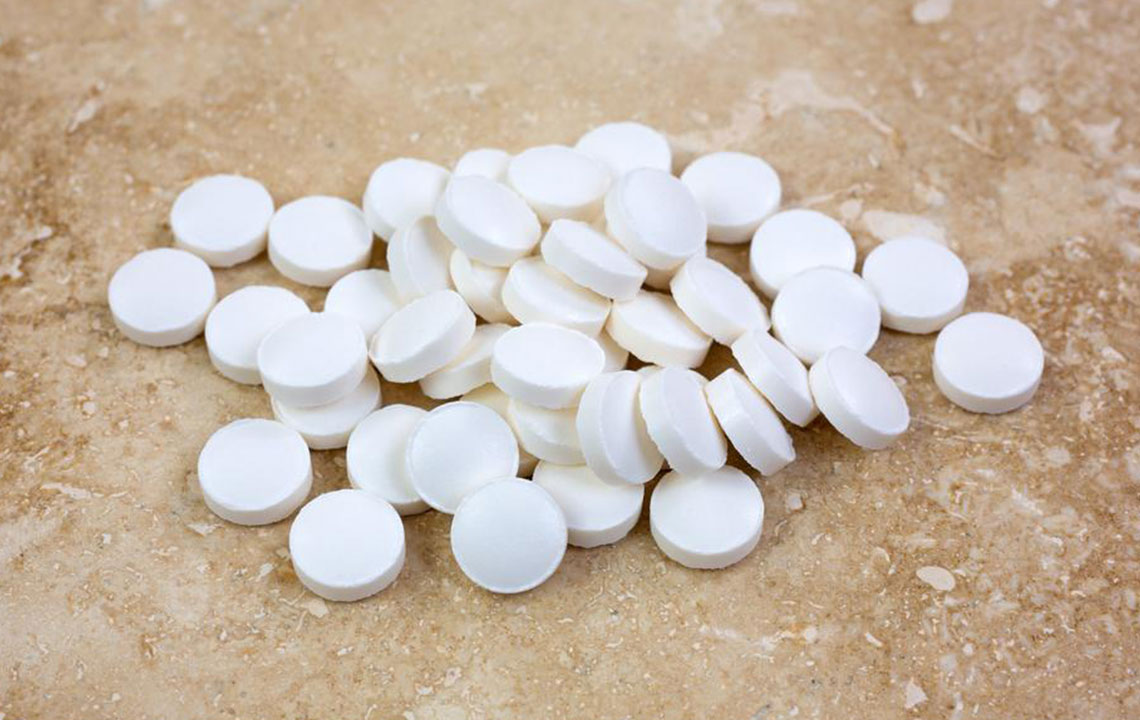A Brief Insight On Pharmacy Coupons
A pharmacy coupon is intended to help consumers save their money on prescription or pharmaceutical medicines. These pharmacy coupons are offers by several pharmaceutical companies and distributed to consumers with the aid of online, TV and print ads, and other means. Pharmacy coupons are available for several medical condition categories such as cholesterol, migraine, acne, allergies, and more.
Pharmaceutical companies reap many gains by regulating pharmacy coupons. Some of them include customer loyalty, new customer gain, and marketing their new medicines in the market through the pharmacy coupons.

There are numerous companies that provide pharmacy coupons for their medicines. Some of them include CVS, which gives away pharmacy coupons; Rebates Pharmacy Coupons; and Smart Prescription Savings. There are certain policies that each coupon comes with and you should not miss them. For example, if you own a CVS pharmacy printable coupon and go to their store, they will accept it since they provided it to you; however, CVS does not accept a pharmacy coupon that you get from their competitor. There are many such policies you need to learn about before you get a pharmacy coupon and use them.
Effects of pharmacy coupons on people, medicine makers, and insurers
Coupons and discount cards have become ubiquitous for prescription medicines. People all across the country are taking the opportunity to use as many coupons as possible for most of the consumer goods to save money. Pharmacy coupons are one of the most important discount coupons people use as the cost of prescription medicines is skyrocketing with time. Currently, pharmacy coupons are present for almost 395 medicines/medications. The number of medicines for which pharmacy coupons were available in 2009 was around 86 only.
Medicine makers say that many Americans benefit from the pharmacy coupons available to them. However, insurance companies are concerned as pharmacy coupons are driving the patients toward more expensive medications causing the insurers to cover the full cost. This also affects the insurance customers as they have to pay higher premiums charged by the insurance companies.
It’s true that people are saving a lot of money by using pharmacy coupons; however, they have to realize that though pharmacy coupons let the users buy medicines for a lesser cost, the cost of those medicines increase overall for everyone, including those who don’t use pharmacy coupons.
People who use Medicaid, Medicare, veteran benefits, or other federal health insurance programs use these pharmacy coupons that leads to increased federal cost. This is, however, the bigger picture of the effects of pharmacy coupons.
With the growing popularity of pharmacy coupons and their usage, there have been disagreements between the insurance and pharmaceutical industries. Insurance companies often set high co-pays for certain medicines to drive insurance buyers to buy less-expensive medicines. To counter that, pharmaceutical companies provide coupons for specific medicines making it possible for people to buy them. Pharmacy coupons do end up having dramatic effects on the prices that consumers pay.
Pros and cons of pharmacy coupons
To understand the large affect of pharmacy coupons on everything, it is important to understand how they work and what are their pros and cons.
Nothing comes free of cost. When it comes to pharmacy coupons, there are many indirect costs that consumers end up paying indirectly.
Manufacturers of pharmaceutical companies use pharmacy coupons that are often referred to as co-pay coupons to reimburse insured patients for the cost of new, expensive drugs. These pharmacy coupons help manufacturers gain new customers, promote their products, create brand loyalty, and build a competitive edge. Manufactures state that consumers save money by using pharmacy coupons and receive access to innovate their medicines and improve adherence. Coupons once made, are distributed to physician offices, made available through TV, print, and online ads.
Pros and cons
- One immediate pro of pharmacy coupons is that patients get to purchase expensive medicines for a much lesser price. However, there is a wide effect of the same coupon that is associated with a higher insurance premium.
- Patients can enjoy the perks of pharmacy coupons and buy medication for a less price; however, coupons come with an expiration date and once that date as surpassed, patients will have to start paying the full price of those medications.
- Patients and manufacturers tend to reap benefits from the coupons, but manufacturers tend to alter consumer buying behavior by giving them access to pharmacy coupons.
In the end, pharmacy coupons do offer a few benefits to the consumer; however, there are hidden costs present that shouldn’t be ignored. If you are a new user of pharmacy coupons, do make sure you learn all the policies of the coupon you are using. Learn about the expiration date so you know till when you can buy a medicine for a lower cost.




